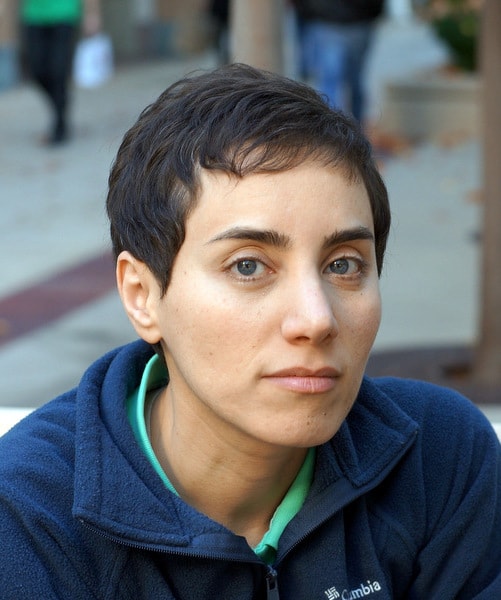Mirzakhani was born in Iran and won the World Mathematics Olympiad twice at the age of 17 and 18. She received a field’s medal at the age of 37 — an honor considers as the equivalent of the Nobel Prize in Mathematics.

Maryam’s research basically covers some of the specific branches of mathematics and complex geometry, the most exciting queries like the movements of planets, the discovery of other universes, and other complicated problems related to space exploration could be better understood and solved through her ground-breaking research in mathematics.
A year after her death, remembering her makes me wonder why Pakistani students are still lagging behind their counterparts in neighboring countries, specifically in subjects such as math.
Because Maryam was a foreigner she did not speak English properly, but instead of feeling guilty or embarrassed she used to put down her lecture notes into Persian. However, in Pakistan, our educational system is obsessed with fluency in English.
Once in an interview, Maryam Mirzakhani unveiled that when she just enrolled in Harvard University, because she was a foreigner she did not speak English properly, but instead of feeling guilty or embarrassed she used to put down her lecture notes into Persian for quite some time. However, in Pakistan, our educational system is obsessed with fluency in English rather than excellence in mathematics or other science subjects.
Note: The article is originally published on 15th July 2018 in Daily Times Lahore

Saadeqa Khan is the founder, CEO, & Editor-in-Chief of Scientia Pakistan. She’s a member of the Oxford Climate Journalism Network (Second Cohort) and NASW. Saadeqa is a fellow of NPF Washington, The Falling Walls Foundation, and the Science Journalism Forum. Saadeqa has won several international journalism grants and awards for her reports.
